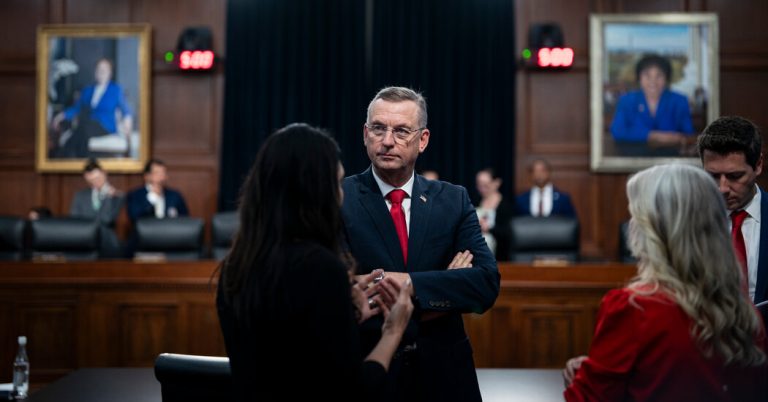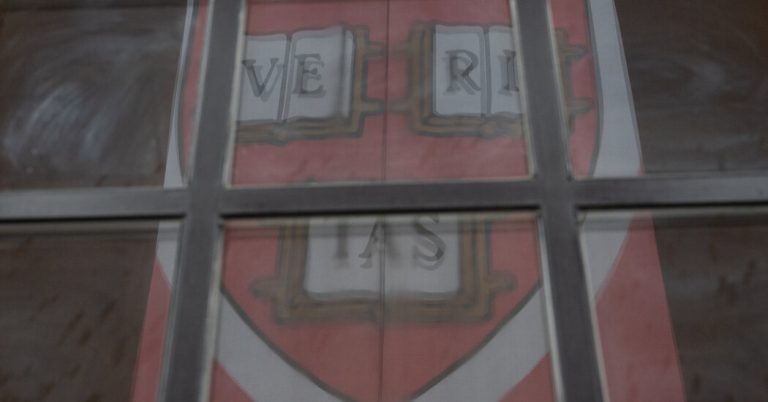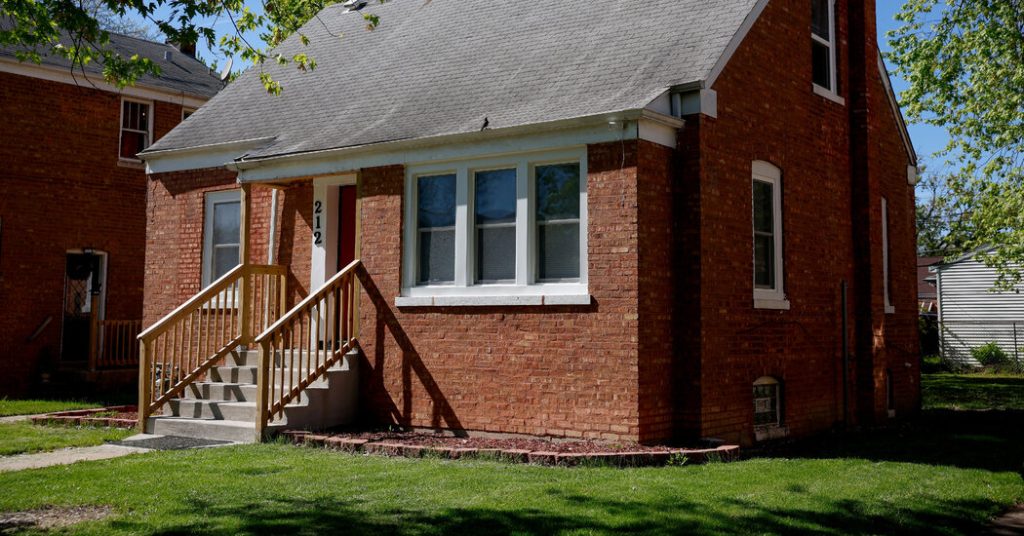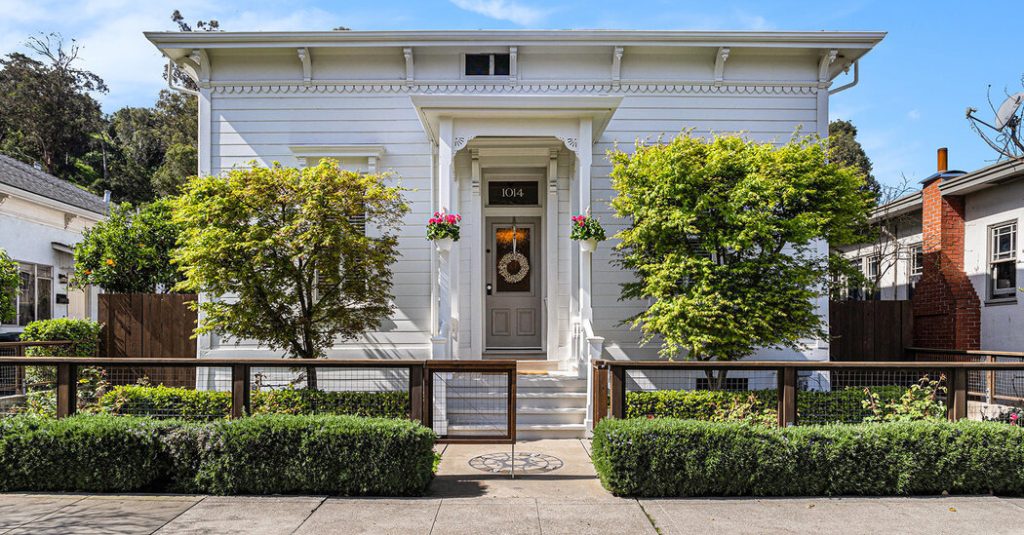Historians make their names by persuading people to see patterns in the chaos. In the late 1970s, the French historian Fernand Braudel thought that one of those patterns was about to repeat. Braudel was a student of the slow-moving currents that shape events. He wanted people to pay less attention to great men like Napoleon and more to seemingly humble things like the potato, a New World import that made it easier for European farmers to grow more food than they needed; this surplus, in turn, gave a wider array of Europeans time to engage in new hobbies like complaining about their rulers. One might say that he regarded the potato as the cause of Napoleon.
Listen to this article, read by Malcolm Hillgartner
In the third volume of his epic “Civilization and Capitalism,” published in 1979, Braudel explored the forces that made one city at a time the economic center of the Western world, from Venice to Amsterdam to London, and then inexorably lifted up another in its place. He wrote that cities rose as centers of commerce, and then, as they prospered, they began to invest their surpluses in building new centers, engineering their own declines. Commerce moved on, leaving a financial hub behind.
Braudel’s account ended with the decline of Amsterdam, the entrepôt of Europe through the 17th and into the 18th century, a city of astonishing wealth and diversity. Wide-eyed visitors wrote of its wonders with the same astonishment as later generations would write of New York. The young czar of Russia went home so impressed that he built St. Petersburg in its image. But as Amsterdam grew fat and happy, its merchants became bankers and began to seek better returns in fast-growing London. Amsterdam, Braudel wrote, became “a society of rentier investors on the lookout for anything that would guarantee a quiet and privileged life,” a society that had moved on “from the healthy tasks of economic life to the more sophisticated games of the money market.”
Braudel noted that London, too, eventually ceded its role, underwriting the rise of New York in the early 20th century. And in the late 1970s, he judged that New York was entering the “autumn” of its era as the center of the global economy. Commerce and industry were fleeing the city, leaving behind a thriving financial center — a sure sign in Braudel’s view that New York, and the nation it anchored, were on the edge of decline.
Donald Trump became Donald Trump in that city, building towers and bankrupting casinos as Wall Street boomed and the working class faded away, and he emerged with a similarly bleak view of America’s prospects. His career as a political figure has been built on his conviction that America is losing its wealth and its power. If Ronald Reagan filled voters with hope, Trump offers to keep them company in their misery. He has an intuition for the things that people fear and is comfortable saying what other politicians won’t. Where other presidents intone that it’s still Morning in America, Trump has touched a nerve by insisting that it’s not long before midnight.











